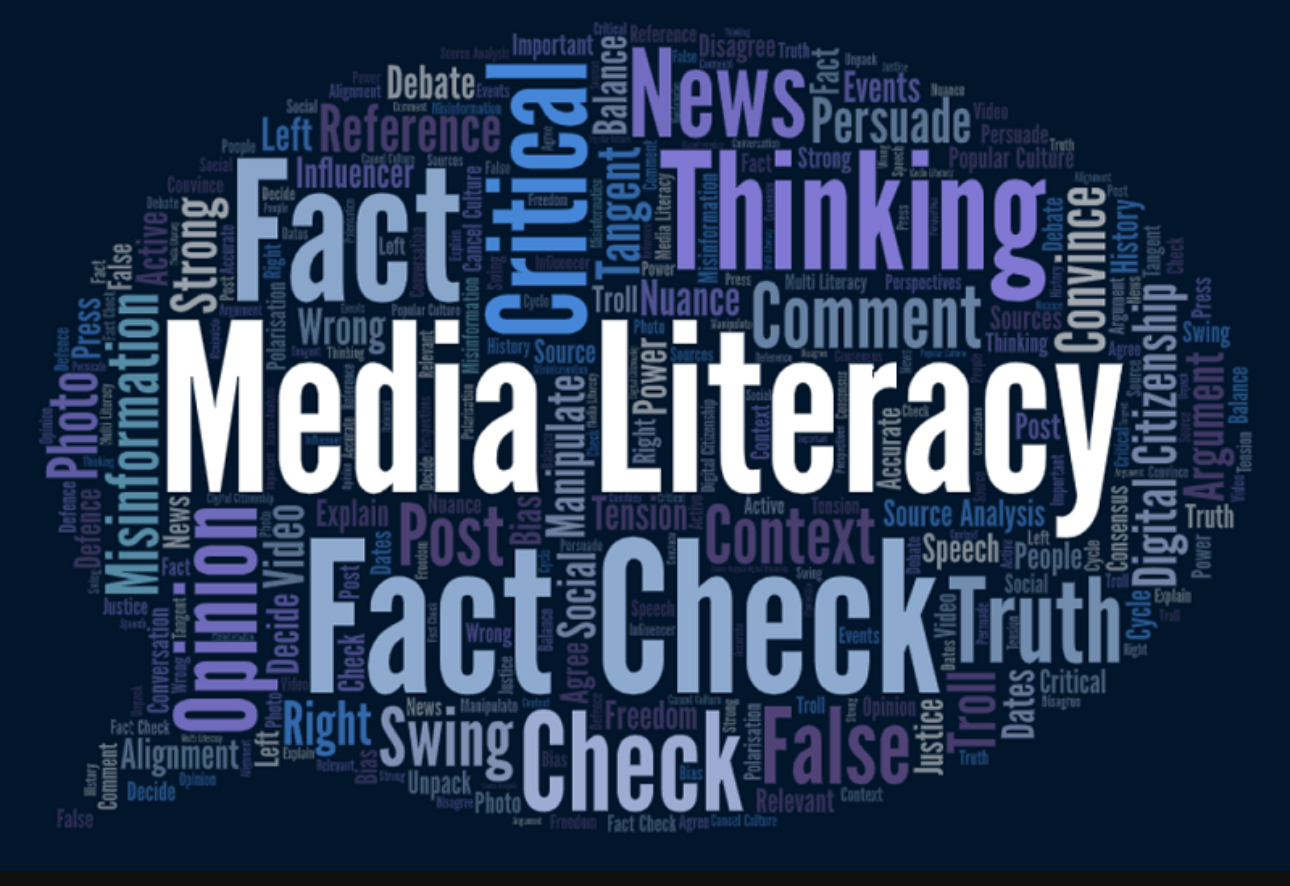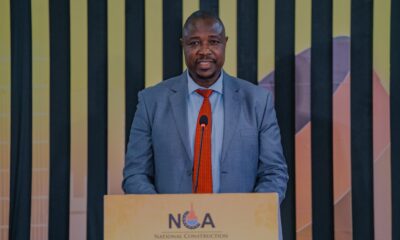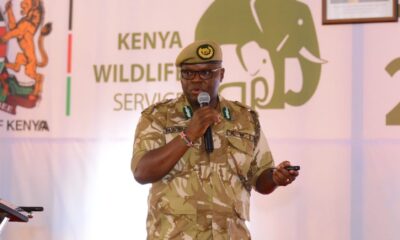Opinion
Kenya at the Forefront of embracing and promoting media information Literacy, Global Survey shows

BY RISPER SHIRIN
As the world gears up for the Global Media Information Literacy Week, Kenya is at the forefront of embracing and promoting media information literacy (MIL). This annual event highlights the critical role of MIL in fostering informed citizens capable of navigating the complexities of today’s media landscape.
Media Information Literacy empowers individuals to access, analyze, evaluate, and create media content. In a digital age where misinformation can spread rapidly, the ability to discern credible information from falsehoods is essential for safeguarding democracy and promoting social cohesion.
In Kenya, various initiatives are aligned with the global celebrations. The Kenya National Commission for UNESCO has rolled out a series of workshops and seminars focusing on MIL, targeting schools, universities, and community organizations. These programs aim to equip young Kenyans with essential skills to critically engage with media content, emphasizing the importance of verifying sources and understanding media bias.
In Nairobi, the “Media Literacy in Schools” program, spearheaded by the Kenya Media Council, has made significant strides. Schools across the capital are incorporating MIL into their curricula, with interactive sessions designed to teach students how to identify fake news, understand the ethical responsibilities of media, and engage in constructive discussions about media consumption.
One notable example of grassroots efforts is the work being done by the “Media for Development” organization in Kisumu. Through community workshops, they have empowered local youth to create their own media content, fostering both creativity and critical thinking. Participants learn not only how to produce content but also how to fact-check and ensure their messages are responsible and truthful.
As technology continues to advance, so do the strategies for promoting MIL. With the proliferation of smartphones, organizations are leveraging mobile apps and social media platforms to reach a broader audience. The “Fact-Check Kenya” initiative has developed a user-friendly app that allows individuals to verify information at their fingertips, encouraging responsible sharing and reducing the spread of misinformation.
Partnerships between the government, NGOs, and tech companies are crucial in this effort. The Kenyan government’s Digital Literacy Program aims to provide training and access to technology for students in underserved areas, ensuring that all young people have the opportunity to engage with media responsibly.
As Global Media Information Literacy Week approaches, it is an opportune moment to reflect on the progress made and the challenges that remain. The ongoing efforts in Kenya exemplify a commitment to nurturing an informed citizenry. However, continuous investment in education, community engagement, and technological resources will be essential to sustain this momentum.
With the right tools and knowledge, Kenya’s youth can become adept navigators of the media landscape, ensuring that they not only consume information but also contribute positively to society. As we celebrate this week, let us reaffirm our commitment to fostering media information literacy for all, paving the way for a more informed and responsible future.
In conclusion, as Kenya prepares to join the global dialogue on media information literacy, local initiatives demonstrate a vibrant commitment to educating and empowering youth. Through collaborative efforts and innovative approaches, the nation is making significant strides toward a media-literate society—an endeavor that is more crucial now than ever.
Kenya Insights allows guest blogging, if you want to be published on Kenya’s most authoritative and accurate blog, have an expose, news TIPS, story angles, human interest stories, drop us an email on [email protected] or via Telegram
-

 Business2 weeks ago
Business2 weeks agoEastleigh Businessman Accused of Sh296 Million Theft, Money Laundering Scandal
-

 Investigations1 week ago
Investigations1 week agoInside Nairobi Firm Used To Launder Millions From Minnesota Sh39 Billion Fraud
-

 Business2 weeks ago
Business2 weeks agoMost Safaricom Customers Feel They’re Being Conned By Their Billing System
-

 News1 week ago
News1 week agoUnfit for Office: The Damning Case Against NCA Boss Maurice Akech as Bodies Pile Up
-

 News2 weeks ago
News2 weeks agoTax Payers Could Lose Millions in KWS Sh710 Insurance Tender Scam As Rot in The Agency Gets Exposed Further
-

 Business2 weeks ago
Business2 weeks agoEXPLOSIVE: BBS Mall Owner Wants Gachagua Reprimanded After Linking Him To Money Laundering, Minnesota Fraud
-

 News2 weeks ago
News2 weeks agoPastor James Irungu Collapses After 79 Hours Into 80-Hour Tree-Hugging Challenge, Rushed to Hospital
-

 News1 week ago
News1 week agoDeath Traps: Nairobi Sitting on a Time Bomb as 85 Per Cent of Buildings Risk Collapse
















